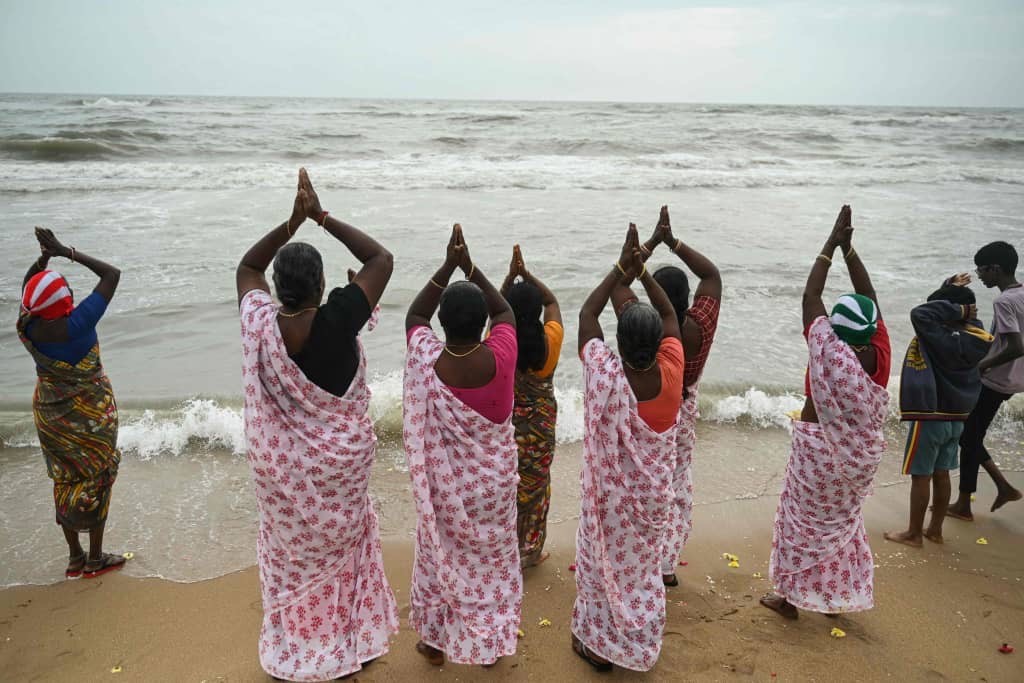UNITED NATIONS – A panel of UN experts has proposed a system to better trace the Democratic Republic of Congo’s mineral exports to prevent it from being looted by armed foreign groups.
In a confidential 40-page report, a copy of which was obtained by AFP yesterday, the experts renewed charges that illegal armed groups suspected of ties with Uganda and Rwanda are pillaging the DRC’s mineral resources. A former Belgian colony, the DRC holds millions of tons of precious minerals, including diamonds, zinc, manganese, uranium, gold, and niobium.It also has the world’s largest supply of high-grade copper, is believed to hold 80 per cent of the world’s reserves of tantalum – also known as coltan, used in mobile phones, night vision goggles and fibre optics – and more than 60 per cent of the world’s cobalt reserves.”As long as no enhanced security of the precious mineral assets of the DRC is found, they represent to any armed group, warlord or criminal organisation a ready catalyst for violence,” said the report.Citing “suspected arms embargo violations” revolving around “abuses of the industrialised extraction of precious minerals,” the report looked into what it called “continued avoidance of full disclosure and transparency of gold and cassiterite (tin ore) imports by Uganda and Rwanda.”It pointed to the “urgent need for better controls over the illegal diversion of gold, tin ore, cobalt, or copper” from DRC.The report proposed a region-wide system whereby ‘certificates of origin’ for precious DRC mineral resources would be made mandatory.The system would categorise all DRC precious mineral extraction points and all central African refining sites to determine where sample testing of exports can be made most effectively.”Armed groups are backed from outside DRC, mainly Uganda and Rwanda,” DRC’s UN envoy Atoki Ileka told AFP.”So we have to find a formula to end this illicit arms trafficking, which also feeds the illegal exploitation of natural resources.””The mineral-rich Mahagi region in DRC’s Orientale Province is under exclusive Ugandan control.There are pockets in North Kivu that are also under exclusive Rwandan control,” Ileka said.He conceded that despite the support of the UN force in DRC known as MONUC, the Kinshasa government was not in a position to assert its authority and control over the whole of its territory.Last week a ministerial session of the Security Council on security in central Africa’s Great Lakes region passed a resolution urging regional states to enforce the arms embargo in DRC and to combat cross-border trafficking of illicit arms and natural resources as well as the movements of combatants.It also again demanded that Uganda, Rwanda, DRC and Burundi take measures to prevent the use of their territories in support of activities of armed groups in the region.In August the Security Council expanded a DRC arms embargo to all rebel groups across the country.It adopted a French-drafted resolution which enlarged the existing ban in the DRC’s troubled eastern provinces that was put in place in 2003, and also imposed sanctions on violators.Nations must also freeze the assets and prohibit travel by individuals found to have violated the arms embargo.-Nampa-AFPA former Belgian colony, the DRC holds millions of tons of precious minerals, including diamonds, zinc, manganese, uranium, gold, and niobium.It also has the world’s largest supply of high-grade copper, is believed to hold 80 per cent of the world’s reserves of tantalum – also known as coltan, used in mobile phones, night vision goggles and fibre optics – and more than 60 per cent of the world’s cobalt reserves.”As long as no enhanced security of the precious mineral assets of the DRC is found, they represent to any armed group, warlord or criminal organisation a ready catalyst for violence,” said the report.Citing “suspected arms embargo violations” revolving around “abuses of the industrialised extraction of precious minerals,” the report looked into what it called “continued avoidance of full disclosure and transparency of gold and cassiterite (tin ore) imports by Uganda and Rwanda.”It pointed to the “urgent need for better controls over the illegal diversion of gold, tin ore, cobalt, or copper” from DRC.The report proposed a region-wide system whereby ‘certificates of origin’ for precious DRC mineral resources would be made mandatory.The system would categorise all DRC precious mineral extraction points and all central African refining sites to determine where sample testing of exports can be made most effectively.”Armed groups are backed from outside DRC, mainly Uganda and Rwanda,” DRC’s UN envoy Atoki Ileka told AFP.”So we have to find a formula to end this illicit arms trafficking, which also feeds the illegal exploitation of natural resources.””The mineral-rich Mahagi region in DRC’s Orientale Province is under exclusive Ugandan control.There are pockets in North Kivu that are also under exclusive Rwandan control,” Ileka said.He conceded that despite the support of the UN force in DRC known as MONUC, the Kinshasa government was not in a position to assert its authority and control over the whole of its territory.Last week a ministerial session of the Security Council on security in central Africa’s Great Lakes region passed a resolution urging regional states to enforce the arms embargo in DRC and to combat cross-border trafficking of illicit arms and natural resources as well as the movements of combatants.It also again demanded that Uganda, Rwanda, DRC and Burundi take measures to prevent the use of their territories in support of activities of armed groups in the region.In August the Security Council expanded a DRC arms embargo to all rebel groups across the country.It adopted a French-drafted resolution which enlarged the existing ban in the DRC’s troubled eastern provinces that was put in place in 2003, and also imposed sanctions on violators.Nations must also freeze the assets and prohibit travel by individuals found to have violated the arms embargo.-Nampa-AFP
Stay informed with The Namibian – your source for credible journalism. Get in-depth reporting and opinions for
only N$85 a month. Invest in journalism, invest in democracy –
Subscribe Now!







